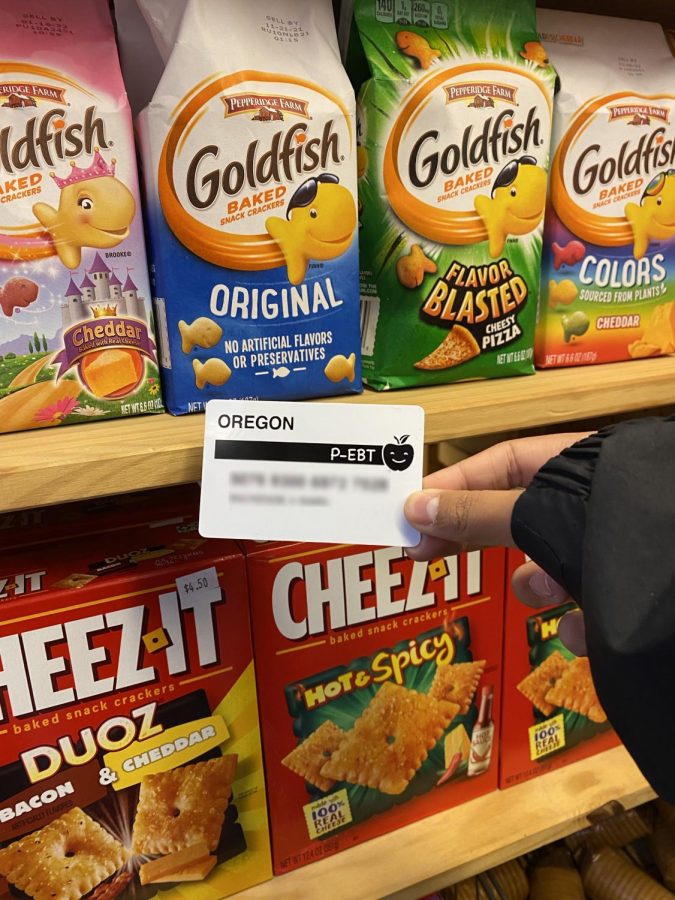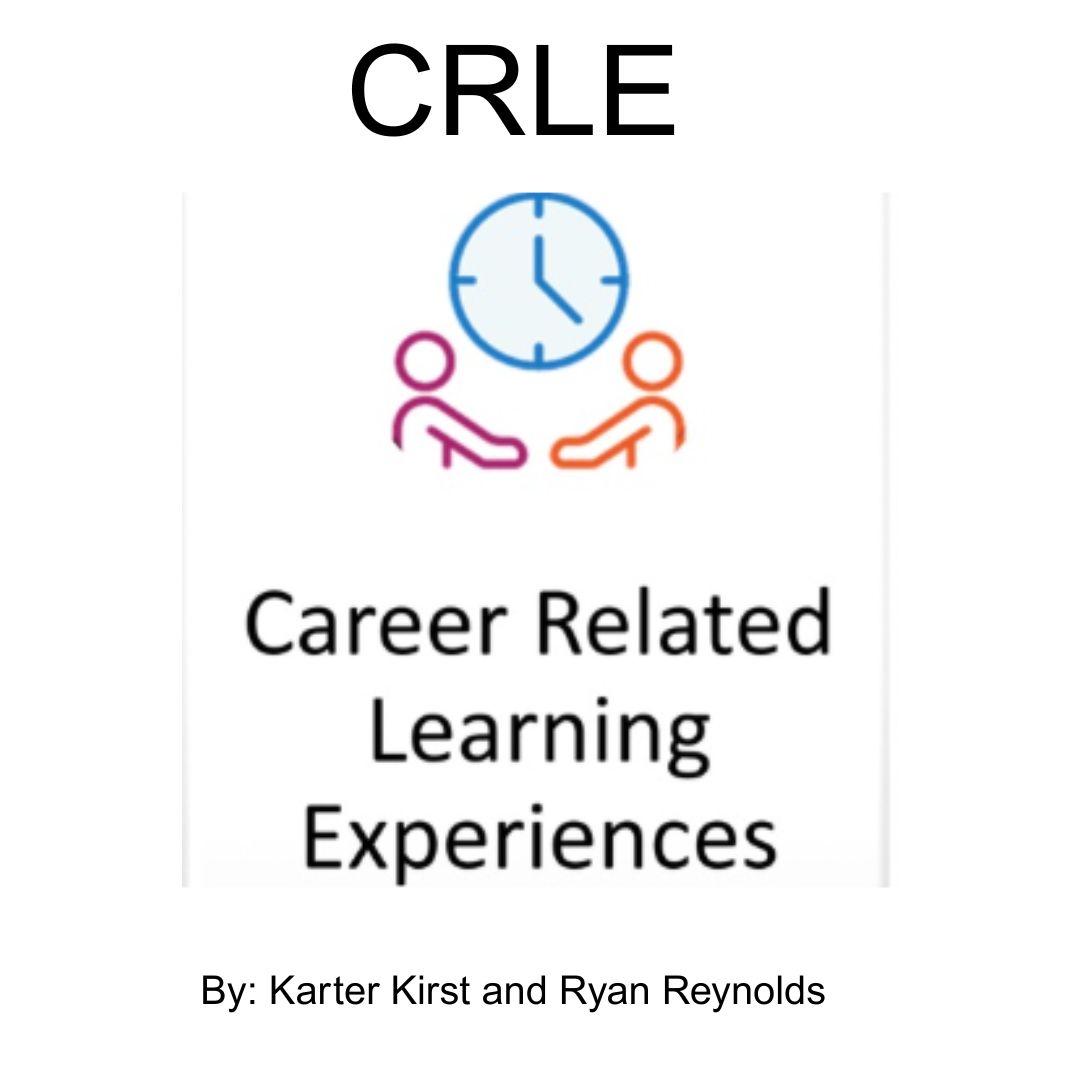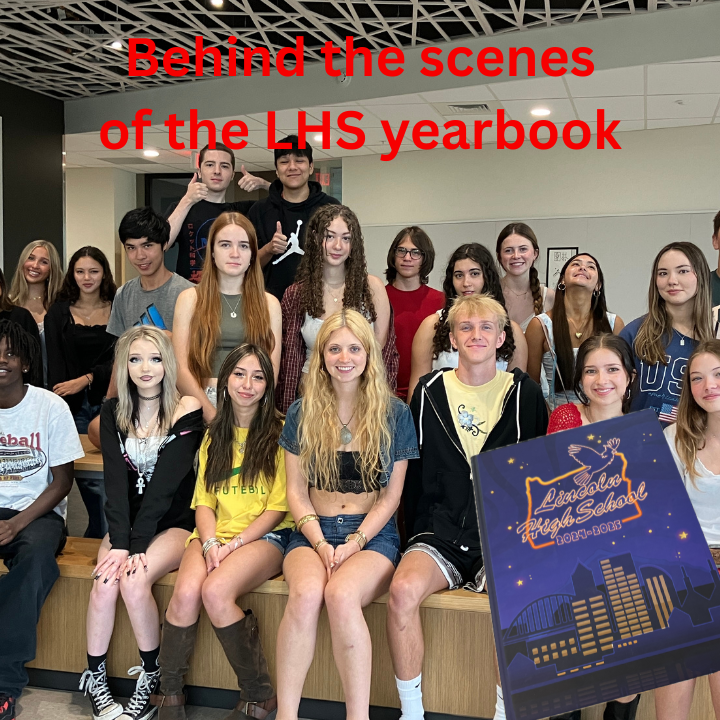Students respond to unexpected food benefits
Student holds a P-EBT card in front of snacks sold at convenience stores. Students received their P-EBT cards over summer break containing $1,000 to spend on food for the rest of the school year.
November 1, 2021
Lincoln students were not expecting to come back to a new school year $1,000 richer.
Pandemic Electronic Benefit Transfer (P-EBT) cards were created in March 2021 by the U.S. government to temporarily help feed students and their families who had been disproportionately impacted by the COVID-19 pandemic.
The cards are loaded with roughly $1,000 that students can spend on food at most grocery stores and other select convenience stores. Originally, students who regularly receive Supplemental Nutrition Assistance Program (SNAP) benefits, money provided monthly to low income families for food, were the only ones that were intended to be eligible for the P-EBT cards.
However, Whitney Ellersick, senior director of Portland Public Schools (PPS) Nutrition Services, said that while processing eligibility for schools throughout the district, the Oregon Department of Human Services (ODHS) made a series of errors in the system. One of these errors resulted in all Lincoln students, despite having SNAP benefits or not, receiving P-EBT cards.
“We were able to determine that Lincoln unfortunately was one of those sites that was issued an error,” Ellersick said. “The [ODHS] had accidentally selected Lincoln as a school where all students should be eligible for EBT.” To learn more about this error, see Beyond the Flock’s article at beyondtheflock.com.
It is important to note this error does not mean other and families will be missing out on the benefits.students
“ODHS will not require these food benefits to be returned,” Jake Sunderland, Press Secretary of the ODHS, said when asked for a comment. “If a student and their family do not wish to use these food benefits they can simply dispose of the card. However, declining to use them will not make more available for other families.”
Sunderland explained that, because the funding is provided by the federal government through a United States Department of Agriculture account, disposed of cards and unused money are not distributed to other students for use.
“Using [the cards], even if you are not technically eligible, does not take from anyone else. While you certainly do have the choice to not use that money, that does not free the money up for someone else,” Sunderland said. “It stays with the federal government.”
Because EBT cards were given to all Lincoln students, Ellersick believes the error actually helped reach low income students living without SNAP benefits, who were not originally eligible for a card.
“P-EBT is a great thing because the [students] can use those funds to feed their entire family,” she said. “I would encourage substantial support for P-EBT to help our families continue to recover from the pandemic impacts on their family and economic situations.”
Junior Thomas Kenyon, who has been using his P-EBT card to buy food at various supermarkets, wasn’t surprised the move was an error made by the ODHS.
“I always kind of thought that a mistake was made. It didn’t make sense to me why students who do not qualify for [SNAP] benefits should be receiving [the cards], ” Kenyon said. “Many kids who were given the card, including myself, do not qualify to receive these benefits. Instead, more money should be allocated to the students and families that do need it or to some other worthy cause.”
Senior Abraham Barrow, who has been using his card for meals and groceries at Fred Meyer and Safeway, thinks the money should go to something else entirely.
“Giving that much money to Lincoln students is wasteful,” Barrow said. “I think it is ridiculous that many people without demonstrated need like myself got these cards. I think that the money could either be used elsewhere in government or returned to the taxpayers. The state is already in debt as it is.”
Senior Ains Webb agreed with Kenyon, stating they like how the P-EBT cards are helping families who have been affected by the pandemic, but not that some cards are going to students who don’t need them.
Instead of buying food with their card for personal use, Webb has decided to put their P-EBT money towards an up-and-coming clothing and food drive for Lincoln students in need.
“We were thinking that kids could come in and give us their P-EBT cards if they don’t need them, and we would use them to go to grocery stores and buy bulk things of food and then bring them to the counseling office so there are shelves of food [and] students can come in and grab something,” Webb said.
While most students should have received their P-EBT cards over the summer, students can still email the PPS Nutrition Services at [email protected] to check their current status.





Ekene • Dec 4, 2021 at 12:16 pm
Thank you for the post
You can see mine @ Restortopia Mod Apk
Jeremiah Agware • Nov 29, 2021 at 6:30 am
I must say I’m really impressed by the nice write-up you have here. You actually did a great job, unlike most bloggers I’ve seen on the internet talking about this same topic. Just reading the first few paragraphs, I was already locked in the content. Bravo and keep up the good work.
If you have the time, I would appreciate it if you could help me rate my blog.